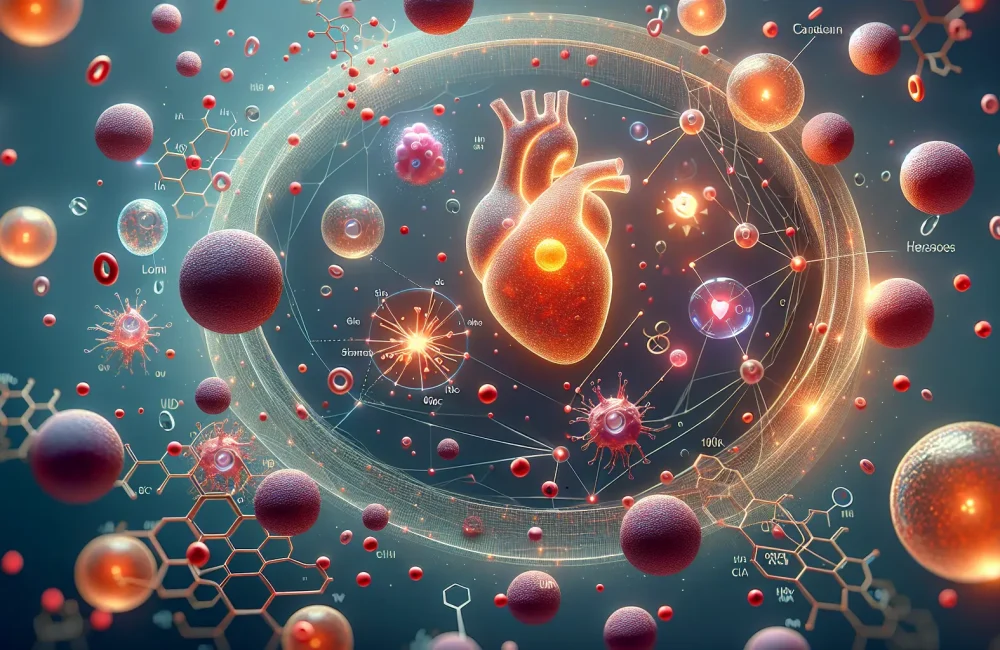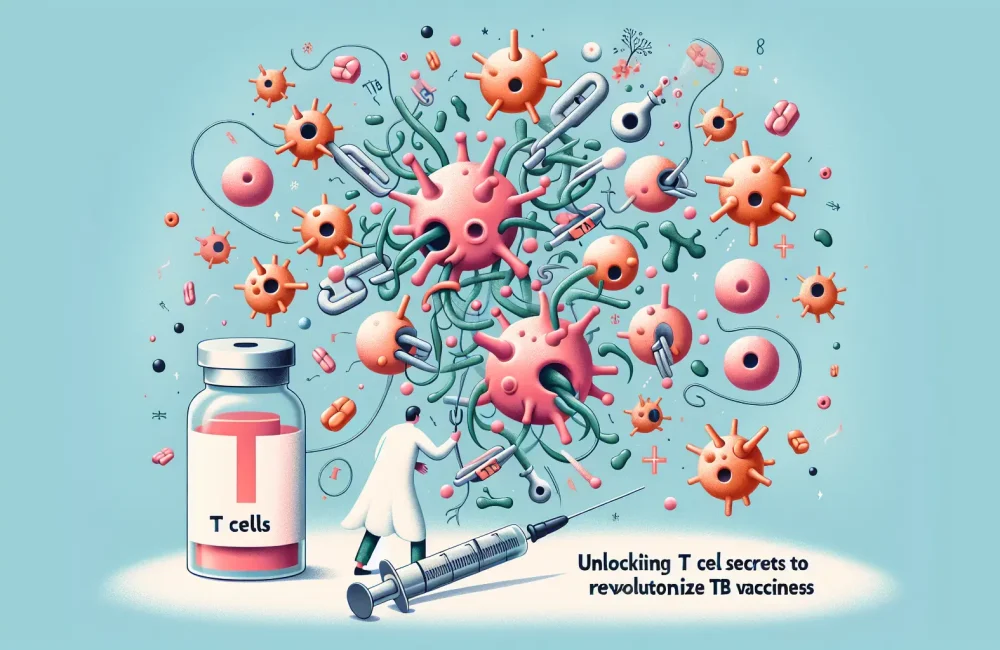By CAFMI AI From New England Journal of Medicine
KRAS Mutations in Cancer: Key Insights
KRAS is a gene encoding a protein that acts as a molecular switch regulating critical pathways involved in cell growth, differentiation, and survival. Mutations in KRAS are some of the most common drivers of cancer, found particularly in pancreatic, colorectal, and lung cancers. These mutations cause continuous activation of signaling pathways such as MAP kinase and PI3 kinase, which promote tumor development, progression, and maintenance. Understanding this biology is critical for clinicians, as KRAS mutations influence cancer behavior and prognosis. Historically, targeting KRAS directly has been challenging because of its strong binding to naturally occurring molecules and lack of suitable sites for drugs to latch onto.
Therapeutic Advances and Challenges
Recent breakthroughs have led to the development of mutation-specific drugs, especially targeting the KRAS G12C variant. These inhibitors irreversibly bind to the mutant protein, showing promise in treating certain patient subgroups. Despite encouraging results, challenges remain, including drug resistance and limited effectiveness across all KRAS mutations. Clinicians need to be aware that current therapies are mutation-specific and may require combination treatments targeting downstream signaling pathways or synthetic lethal partners to overcome resistance mechanisms. Ongoing clinical trials emphasize the need for biomarker-driven approaches to select patients who will benefit most and to manage side effects carefully.
Clinical Implications and Future Directions
For primary care physicians, the evolving landscape of KRAS-targeted therapies highlights the importance of molecular testing in patients diagnosed with cancers commonly harboring these mutations. Early identification of KRAS status can guide timely referral to oncology specialists for personalized treatment plans. Awareness of the emerging therapeutic options enables better patient counseling and monitoring. Furthermore, combined strategies using KRAS inhibitors alongside other therapies may improve outcomes, emphasizing the need for multidisciplinary care. In summary, KRAS oncoprotein signaling remains a pivotal focus in precision oncology, with significant implications for improving cancer management and patient survival.
Read The Original Publication Here






